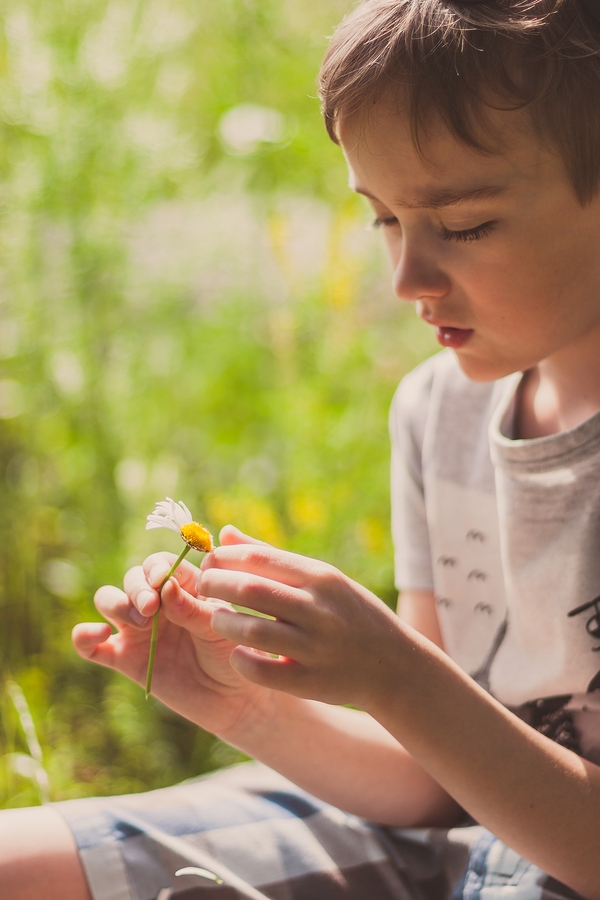Sue Gerhardt points out that “Good relationships depend on finding a reasonable balance between being able to track your own feelings at the same time as you track other people’s.” Not everyone can do this. Lots of people find it hard to say how they’re feeling, let alone reflect on it and relate that information to what is going on for a baby or a small child.
So the parent of a child with an ambivalent attachment style may have their own feelings blocked, maybe because of the parenting they received. They may be very preoccupied with their own feelings. There are a number of reasons these things may happen - in a home where there is a lot of violence, for example, where fear is always present. People cope with situations in different ways, of course – we cannot predict what such a situation might mean for the parent or the child.
Unpredictable parenting often means that the child must pay close attention, trying to discern how to approach or manage each encounter. The child may take behavioural risks in order to elicit some attention – anger is better than nothing, than the acute loneliness of waiting to be attended to in some way. These children often become very clingy, a desperate clinginess that can survive into adulthood and interrupt the possibility of building a strong relationship with friends or a partner.
But as Bruce Perry and Maia Szalavitz point out: “Many children react to neglectful or abusive situations with greater desire for and interest in empathy” and that “early attachment problems can also be mitigated by strong, later-life relationships.” Such relationships can be romantic and committed, reliable close friendships, or a good therapeutic relationship. There are fields of daisies out there.





